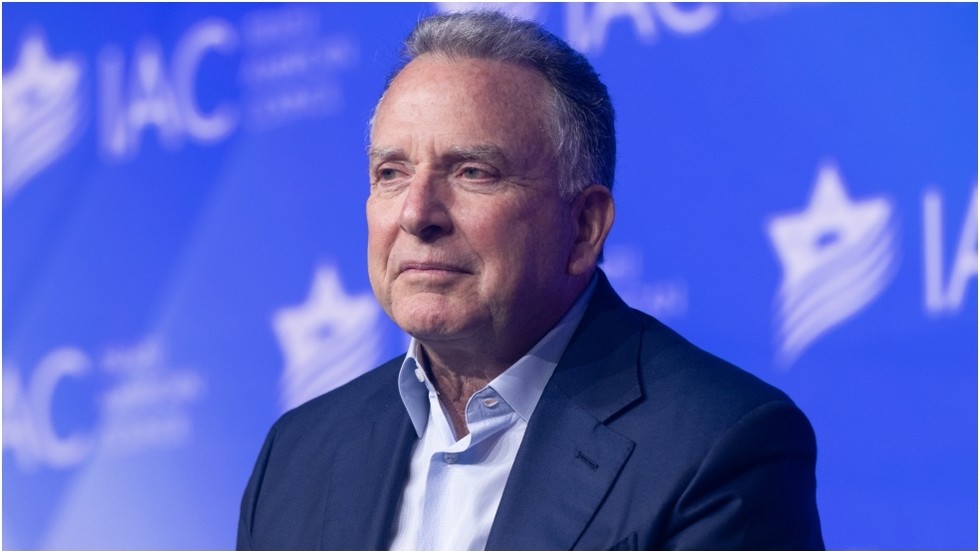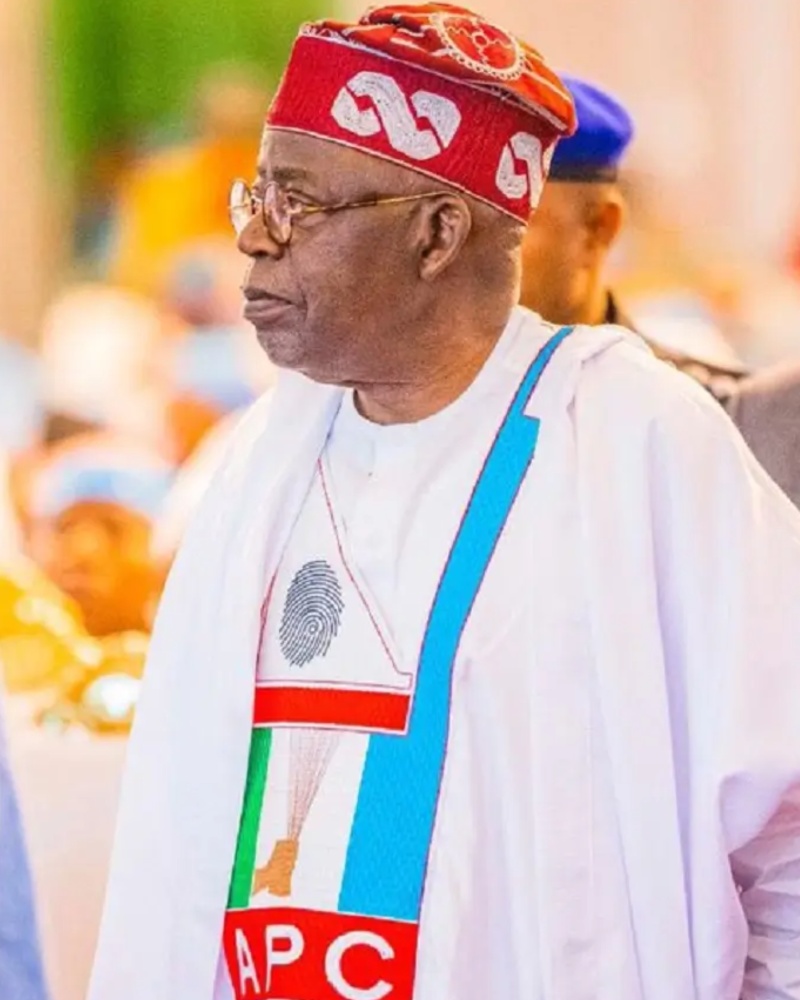The Minister of Education in Nigeria, Tahir Mamman, has affirmed the government’s commitment to ensuring that every child in the nation receives an education. Speaking during a courtesy visit by the Governor of Anambra State, Charles Soludo, in Abuja, Minister Mamman expressed that the federal government will continue to prioritize policies and infrastructure development, particularly in basic education.
Minister Mamman emphasized, “We believe that basic education is a vital component of our educational system. Therefore, we will continue to implement policies that leave no state or child behind, as neglecting this category of people would be a grave dereliction of our duties as leaders.”
The Minister commended Anambra state for its remarkable achievements in the education sector and urged other states to follow suit. He remarked, “We look up to you as a role model for states in meeting their obligations. If other states emulate your efforts, we can achieve greater progress and development because education is at the cornerstone of our advancement.”
In response, Governor Soludo stressed the need for substantial investments in the education system, specifically in public primary and secondary schools, to provide quality basic education for children from low-income families. He also highlighted the importance of breaking the cycle of poverty across all states in the country.
The Governor revealed that Anambra state has made significant strides in the education sector by paying three years of counterpart funding to the Universal Basic Education Commission (UBEC) to access additional funds for the development of basic schools. Furthermore, the state government has recently hired over 8,000 teachers certified by the Teachers Registration Council of Nigeria (TRCN) to enhance the quality of education at the basic level.
Governor Soludo explained, “Anambra state has four categories of educational provision, including private schools, mission public schools, mission private schools, and public-public schools. Unfortunately, public schools, where the poorest children attend, have been neglected for a long time, resulting in inadequate resources, insufficient teachers, and a lack of facilities.”
He continued, “We have identified 21 schools in each local government, totaling approximately 420 schools, that require urgent attention. Our objective is to revitalize the public education system in the state.”
According to Governor Soludo, the state is implementing measures to uplift the public education system, ensuring that children from disadvantaged backgrounds have access to quality education and the opportunity to break the cycle of poverty.
The government’s commitment to providing education for all Nigerian children is evident, as it strives to create an inclusive and prosperous future for the nation.



